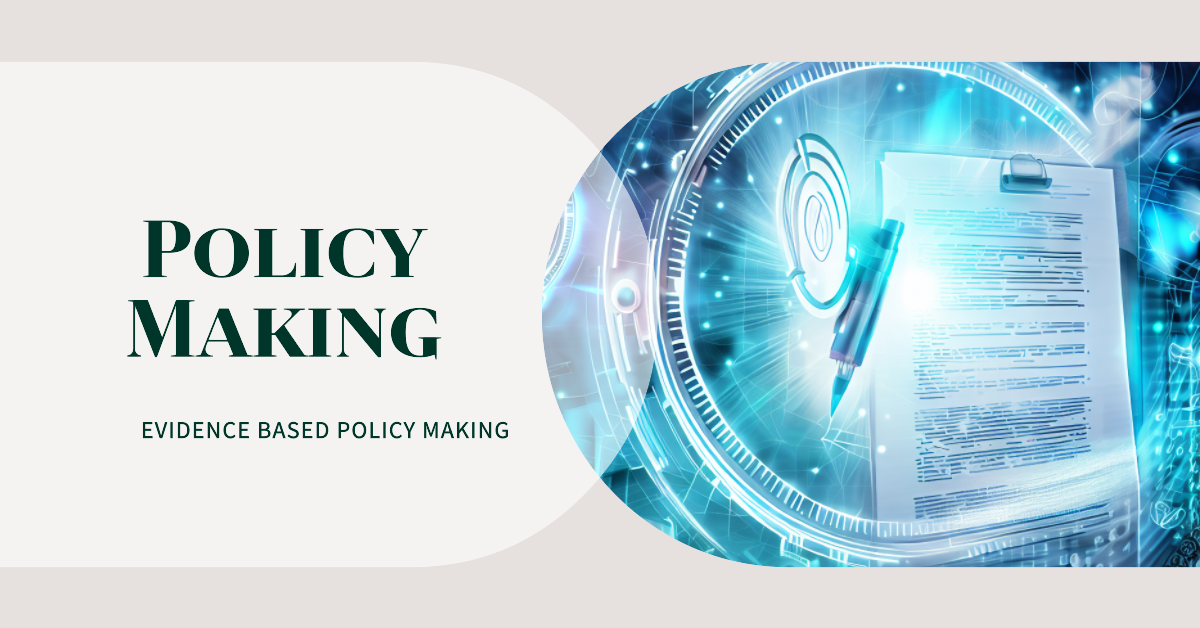
The course aims to create a solid foundation for students pursuing the research methodology and the interconnectedness of statistical methods in scientific research.
- Teacher: Dr. Rose Bosire
- Teacher: Dr. Vincent Were

The course aims to empower journalists, health reporters and scientists with the skillset to conduct accurate and well-balanced investigations into health-related stories. It will enable them to transform scientific and medical information into publishable stories that are comprehensible to the general public while being engaging and appealing.
- Teacher: Prof. Nigel Bruce
- Teacher: Dr. James Mwitari
- Teacher: Brian Orwa

The course aims to empower journalists, health reporters and scientists with the skillset to conduct accurate and well-balanced investigations into health-related stories. It will enable them to transform scientific and medical information into publishable stories that are comprehensible to the general public while being engaging and appealing.
- Facilitator: Prof. Nigel Bruce
- Facilitator: Dr. James Mwitari
- Facilitator: Prof. Daniel Pope

Hallo there, this is a course meant to be a micro learning environment for faculty seeking quick reference materials for all pertinent concepts that relate to e-learning tasks on moodle for example:
Introduction to Moodle LMS for Faculty

Module 1: Introduction to Moodle LMS
Overview of Moodle
- What is Moodle? History and Evolution
- Benefits of using Moodle in Higher Education
- Moodle’s Open-source Community
- Logging in and Navigating the Dashboard
- Customizing Your Profile
- Exploring the User Interface: Admin, Teacher, Student Roles

Module 2: Course Creation and Management
Creating a New Course
- Setting up a Course Shell
- Editing Course Settings (Titles, Dates, Categories)
- Course Formats (Weekly, Topic-based, Single Activity)
- Adding and Organizing Resources: Files, Pages, URLs
- Creating Learning Activities: Assignments, Quizzes, and Forums

Module 3: Communication and Collaboration Tools
Using Forums for Discussion
- Setting Up a Forum
- Moderating Forum Discussions
- Sending Course Announcements
- Using the Moodle Messaging System
- Wikis, Glossaries, and Collaborative Projects
- Polls, Surveys, and Feedback Tools

Module 4: Assessments and Feedback
Creating Assignments
- Setting Submission Types (File, Online Text)
- Configuring Deadlines, Extensions, Group Submissions
- Creating Quiz Questions (Multiple Choice, True/False, Short Answer)
- Managing the Question Bank
- Setting Quiz Options
- Using Moodle’s Grading Tools
- Providing Feedback on Assignments and Quizzes

Module 5: Course Administration and Reporting
Managing Users
- Enrolling Students and Assigning Roles
- Managing Groups and Groupings
- Monitoring Completion Progress
- Using Course Reports
- Course Backup Procedures
- Restoring Archived Courses

Module 6: Advanced Moodle Features
Embedding Multimedia
- Adding Videos, Audio, and Interactive Content
- Using H5P for Creating Interactive Modules
- Using the Moodle Mobile App
- Ensuring Courses are Mobile-friendly
- Introduction to Moodle Plugins
- Installing and Managing Plugins

Module 7: Best Practices for Effective Online Teaching
Course Design Principles
- Structuring Content for Online Learning
- Blended Learning Approaches
- Ensuring Accessibility and Inclusivity
- Active Learning Strategies
- Gamification in Moodle: Badges and Competencies
- Teacher: KGS Admin
- Teacher: Brian Orwa

The short course training on research methodology and proposal writing is offered over a one-week period, and it aims to enable participants to formulate a research problem, develop a good research question, and draft a research proposal for funding consideration. Participants receive a certificate upon successful completion of the course.
- Facilitator: Dr. Rose Bosire
- Facilitator: Brian Orwa
- Facilitator: Dr. Vincent Were

- Teacher: KGS Admin
- Teacher: Brian Orwa
